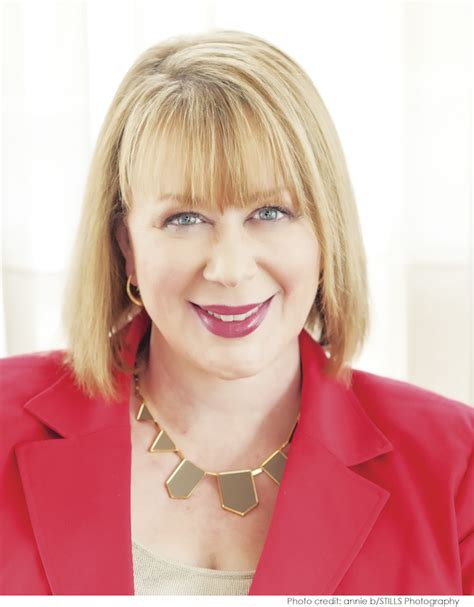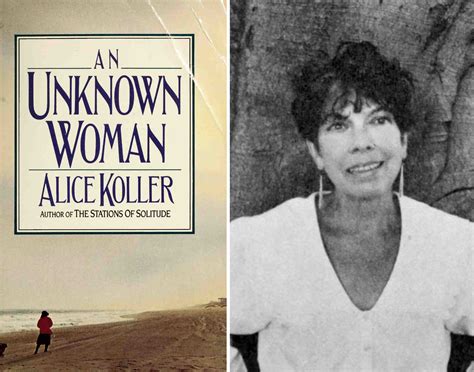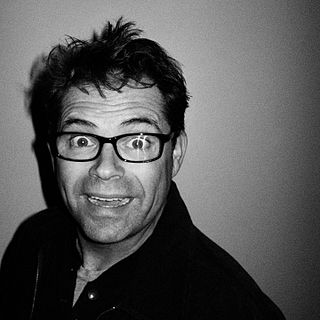A Quote by Paul Tillich
Our language has wisely sensed the two sides of being alone. It has created the word loneliness to express the pain of being alone. And it has created the word solitude to express the glory of being alone.
Related Quotes
A writer who writes, ''I am alone''... can be considered rather comical. It is comical for a man to recognize his solitude by addressing a reader and by using methods that prevent the individual from being alone. The word alone is just as general as the word bread. To pronounce it is to summon to oneself the presence of everything the word excludes.
I don't know if anyone has noticed but I only ever write about one thing: being alone. The fear of being alone, the desire to not be alone, the attempts we make to find our person, to keep our person, to convince our person to not leave us alone, the joy of being with our person and thus no longer alone, the devastation of being left alone. The need to hear the words: You are not alone.
The worst part is the unknown. The pain of being alone, the loneliness, is familiar. You've dealt with that. You understand it. But loving someone, risking everything, is unknown. There's no way to know how bad it's going to be. You barely survive the pain of being alone, so how can you deal with anything worse? So you don't bother to try.
We must become so alone, so utterly alone, that we withdraw into our innermost self. It is a way of bitter suffering. But then our solitude is overcome, we are no longer alone, for we find that our innermost self is the spirit, that it is God, the indivisible. And suddenly we find ourselves in the midst of the world, yet undisturbed by its multiplicity, for our innermost soul we know ourselves to be one with all being.





































